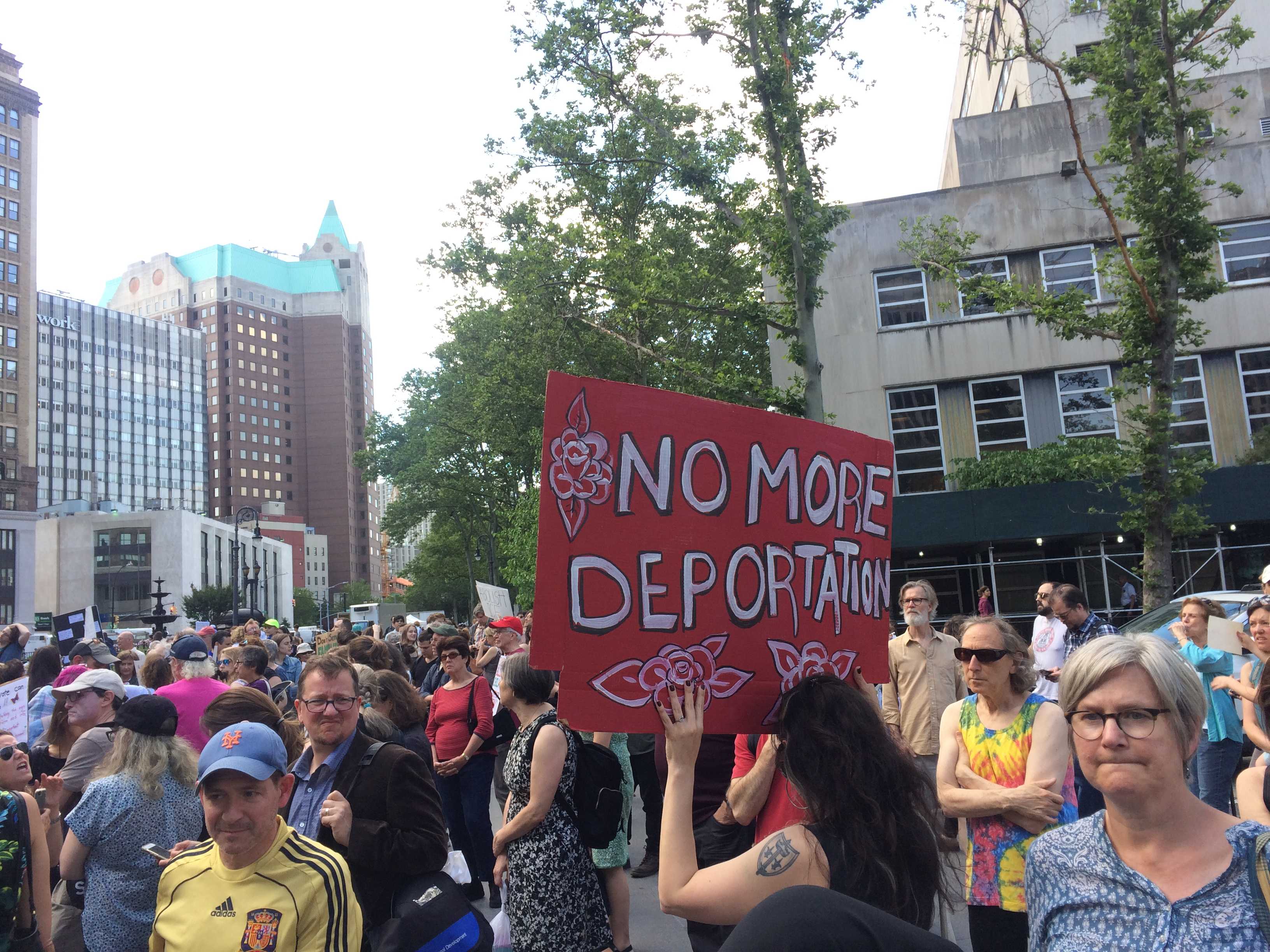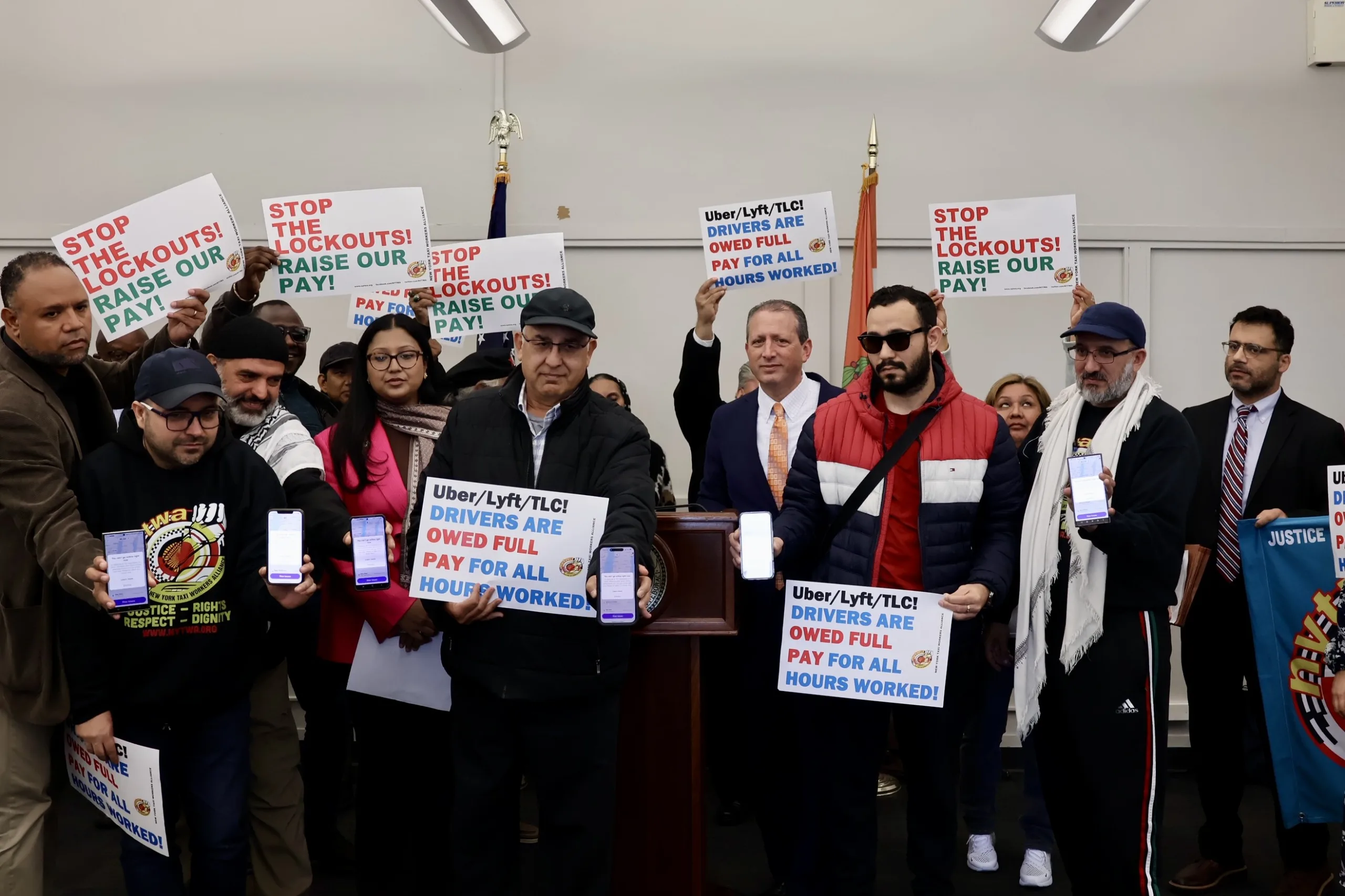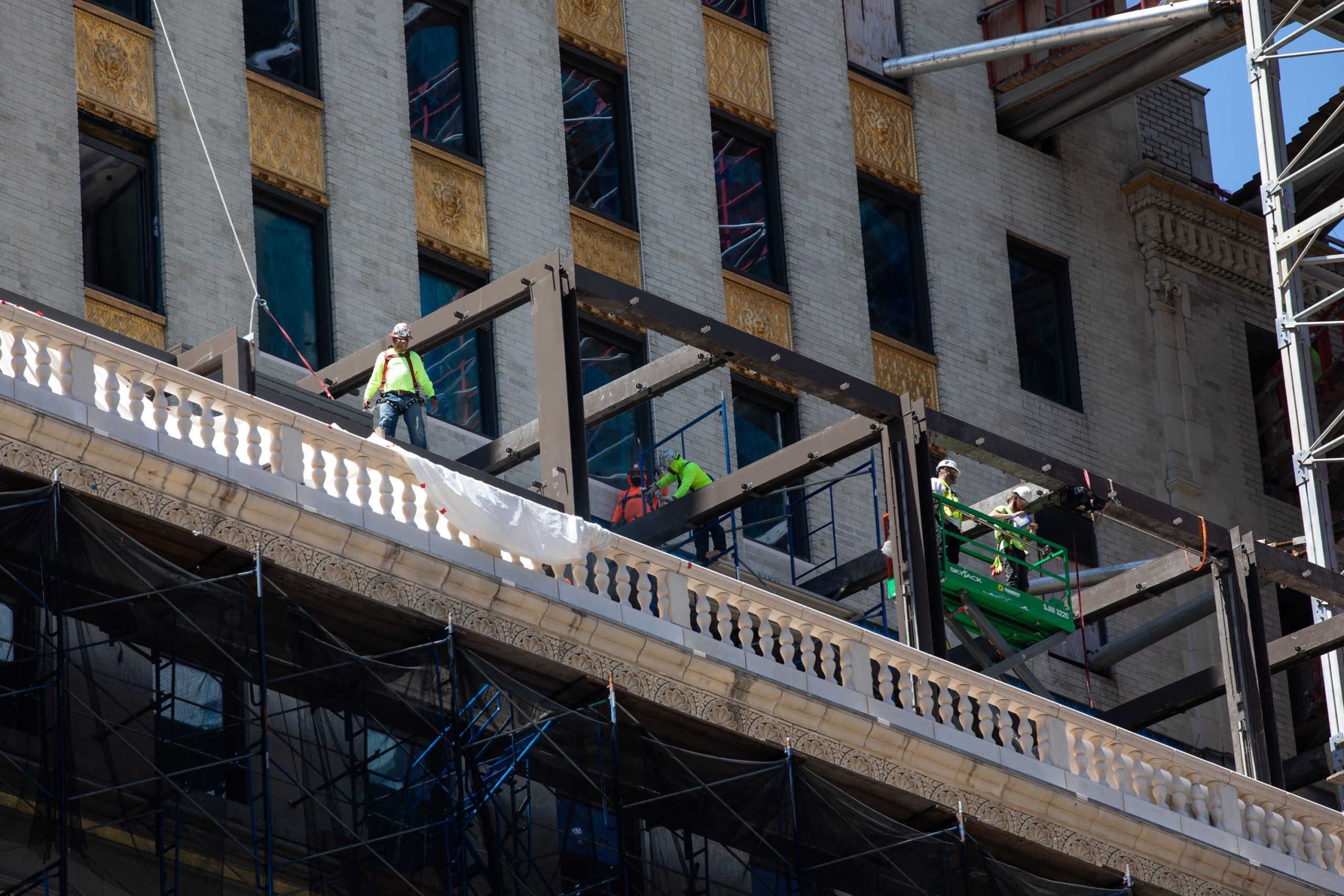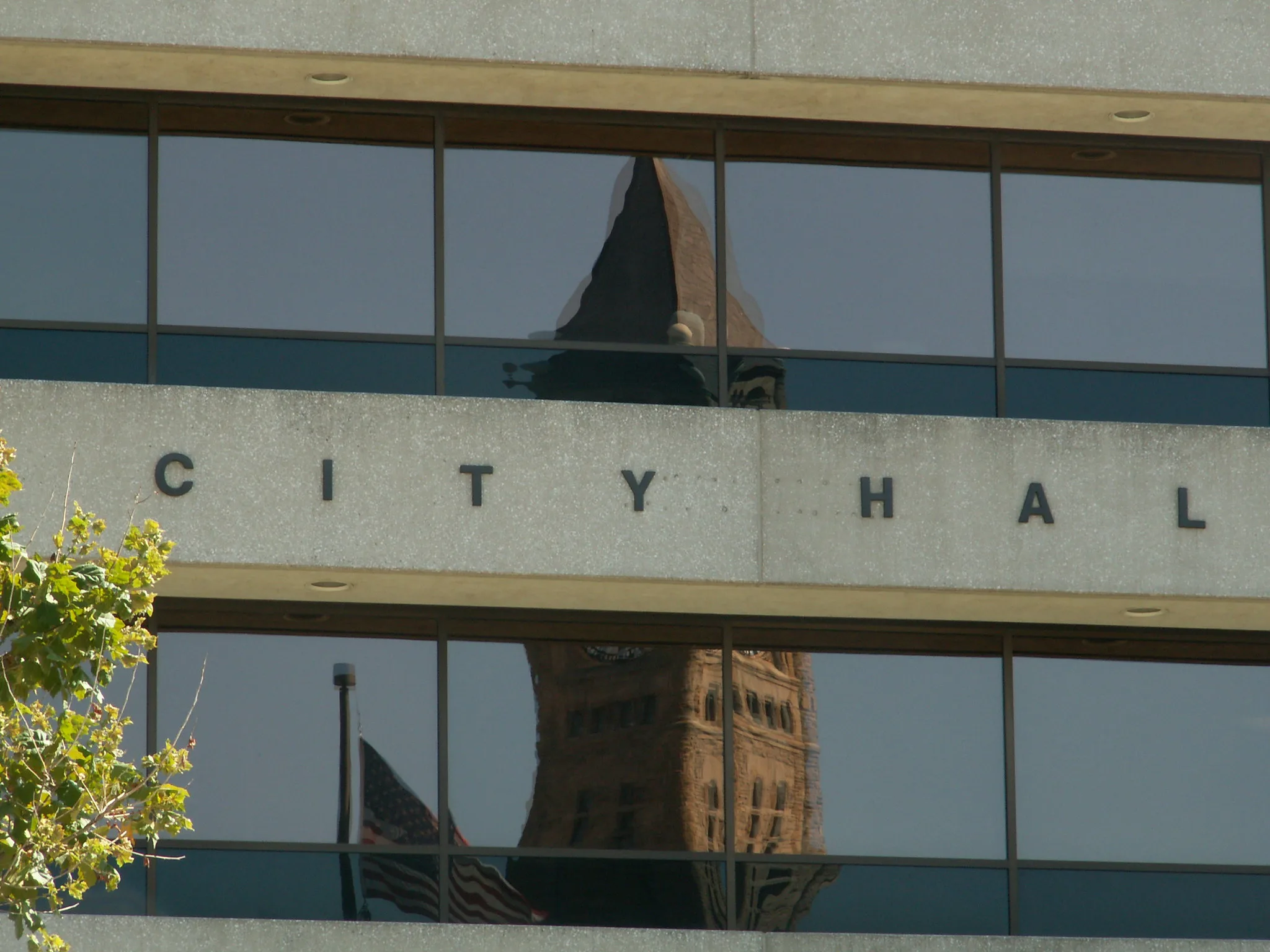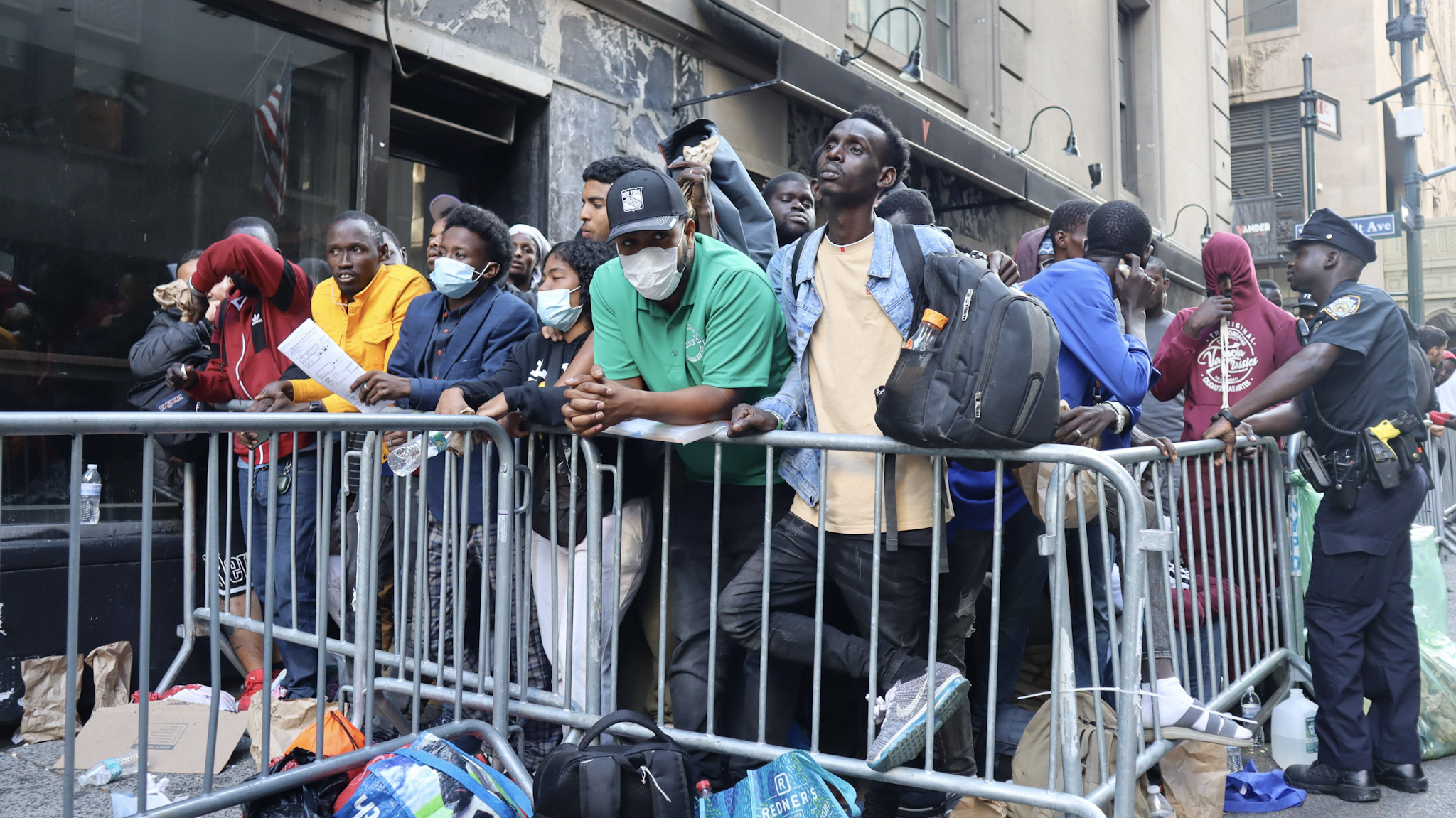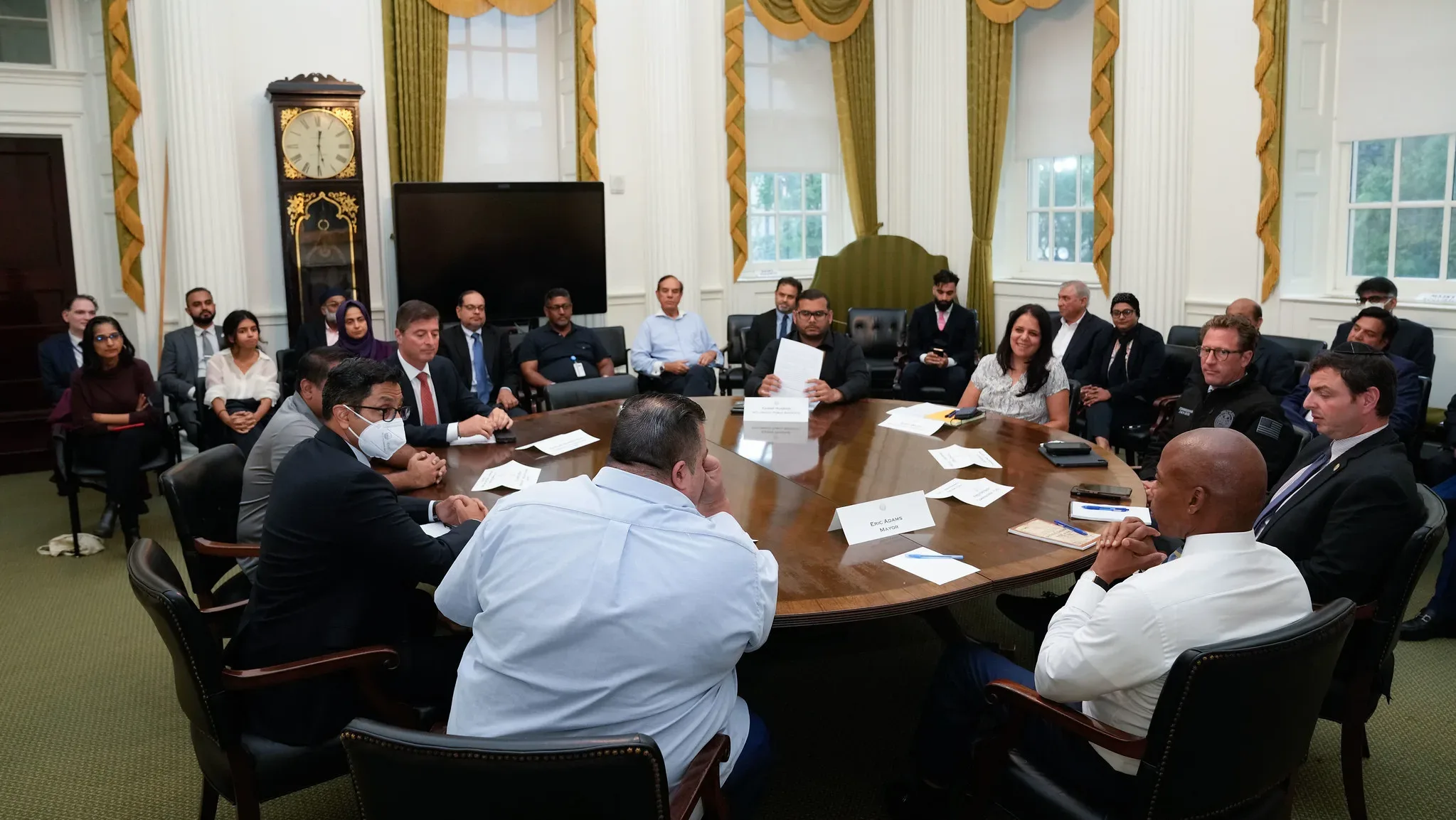This summary was featured in Documented’s Early Arrival newsletter. You can subscribe to receive it in your inbox three times per week here.
Further details are emerging about the Trump administration’s plan to restrict more work visas due to the ongoing coronavirus pandemic and place more roadblocks on asylum. Reports have been emerging for weeks about a new executive order the Trump administration is planning that would drastically reduce the number of work visas issued during the pandemic.
Administration officials are reportedly viewing a new rule that would dramatically change asylum procedures, which they’d implement as a fallback if they need to lift the “emergency” border closure that the Center for Disease Control and Prevention ordered amid the coronavirus pandemic. The rule would be in place long after the pandemic and would make it almost impossible for migrants from Central America to win asylum in the U.S.
Administration officials are debating whether the order should include a host of visas including the H-1B visas, the Times reports. The order is not finished but visa holders in the U.S. will likely not be affected.
Kenneth Cuccinelli, the acting deputy secretary of DHS, said there would be news on work visa restrictions “sometime soon.” The restrictions will be a follow-up to an April executive order that limited the number of people who could claim green cards from abroad. That order was criticized by immigration hardliners for not going far enough to restrict immigrations, as it had a number of exceptions.
Two groups affiliated with the conservative mega-donor Charles Koch asked the administration to reconsider the executive orders. Writing to National Economic Council Director Larry Kudlow and senior White House advisor Jared Kushner, representatives from Americans for Prosperity and Libre Initiative asked the administration to refrain from imposing barriers on non-immigrant visas. The New York Times, The Hill
In other federal immigration news…
Congress Could Face DACA Question
The Supreme Court decision on DACA could force contentious negotiations in Congress depending on what the court decides. During an election year, the negotiations could get more heated. Politico
